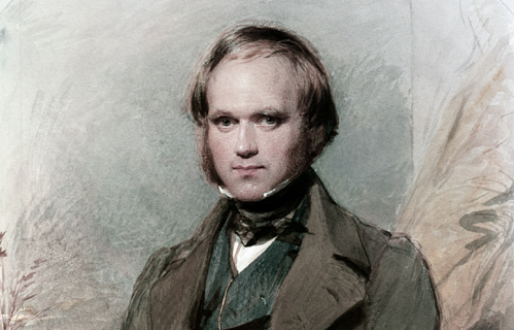Don't judge a scientist by their degree grade

A survey of Fellows of the Royal Society reveals many distinguished scientists might struggle to get a research post nowadays
The Biologist 63(1) p7
Many people, for many reasons, have failed to get the grades they are capable of, or messed up their degrees completely.
Yet throughout history, people have pursued scientific investigation or engineering, often through the help of others, with poor grades or having never studied science formally at all. These people have gone on to develop world changing technologies or made great breakthroughs in our understanding of the natural world.
Eminent examples include three Copley Medal winners: Michael Faraday, who did an apprenticeship, and had no degree; Charles Darwin, who got an 'ordinary' degree in theology; and James Joule, who had no degree. John Walker, who won the Copley Medal and the Nobel Prize, got a third class honours degree due to illness; and Admiral Henry Jackson, who invented radio communication between ships, did not have a degree.
Is it possible that these pioneers in science would struggle to get a research placement today, where research councils demand no less than a 2:1 BSc honours degree? (Exceptions to this entry requirement do occur, but only where laboratory leaders are well funded and know the student.)
I decided to look more closely at the degree grades of Fellows of the Royal Society (FRS) who worked in the experimental sciences*. It is, of course, difficult to compare the grades of people studying centuries apart, because degree terminology has changed significantly. But of nearly 300 surveyed, 18% achieved third class honours or worse, and even more had 'ordinary' degrees (the definition of which has changed over time, but generally means a pass without honours).
Contrary to the general belief that 70% to 80% of experimental scientists at FRS level have first class honours, I found the figure is closer to half (54%); 10% of these distinguished scientists never did degrees, and almost a third (30%) have a second, 2:2 or lower. Many of the most well known scientists on my list got the lowest grades.
The findings have important implications for decision making when offering PhD places and research jobs: clearly degree grades are not a reliable indicator of research ability and potential. A similar study to mine by Liam Hudson in 1960[1] reached similar conclusions, and although his sample was a fairly small cohort of Oxbridge graduates, his message has clearly been ignored.
A more thoughtful approach needs to be adopted by academics, industry and the research councils when selecting and interviewing students for research jobs. The system should mean students who have potential and are motivated, but have lower grades, can still get jobs, while those with firsts who are not suited to research are prevented from entering the system.
Students being interviewed for PhDs or research jobs could be given some new data to analyse or problems to solve. Those who have research ability, creativity or can think laterally are more likely to come up with interesting analyses or solutions; those who memorised their way to a first might not. If the quality of undergraduate research projects and theses are considered too, degree grades could almost be ignored.
I am told certain institutions such as Imperial College do employ similar sounding methods, but in my experience of meeting PhD and research supervisors I have never been given a problem to solve or take away to work on.
And do employers or academics do enough to understand a student's motivation? Those with a first who just want to get their PhD may not be as valuable as those with worse grades but a dedication to a life in research.
The UK faces a skills shortage in science and other STEM subjects. Why would any academic institutions want to turn away people who could be very good at research? Looking at some of the great scientists of the last two centuries, it would be madness to shut the door to their potential modern day equivalents because of a couple of percentage points on their degree.
*Download a full breakdown of Francis' data (updated July 2016)
Full details of the survey methodology can be obtained by emailing the editor, Tom Ireland.
1) Hudson, L. Degree Class and Attainment In Scientific Research. The British Psychological Society 51(1) 67-73 (1960)
Acknowledgements
About 30-40% of the names in the survey replied to email. The rest were obtained from Royal Society biographical memoirs, Science Vega videos and other biographies. Thanks to Frederick Vine FRS and Steve Busby FRS for their help and support and to all the Fellows who replied. Thanks also to the Cambridge and Oxford student offices, and to Dr Paul Johnston at Glasgow Ecology and Tropical diseases department for helpful discussions and statistics advice. Special thanks to Donald Grierson FRS for help, criticisms and discussions and to Dr Steve Catterall and Professor Paul Barlow at Edinburgh University. Thanks to all Fellows of the Royal Society who replied to email.
Francis Hooton is doing an ecology research internship with the University of Glasgow. He has Asperger's syndrome, which affected his original biochemistry degree from the University of Aberdeen, where he graduated in 1996. After being diagnosed and given the appropriate support, he completed a master's in biochemistry and molecular biophysics at Nottingham University.


